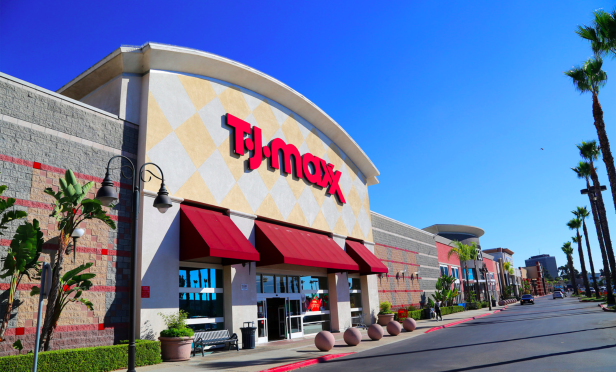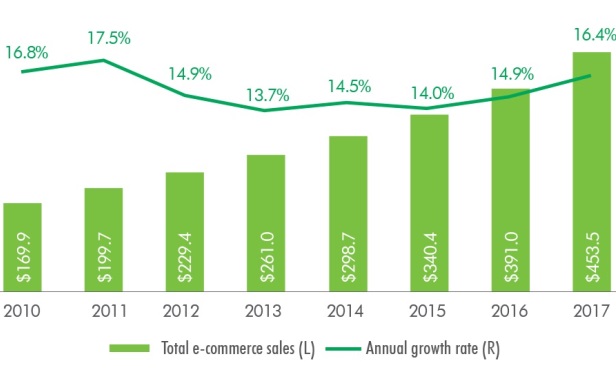
 Search
Search-




-
GlobeSt
An ALM Exclusive Brand - Home
- Markets
- Featured Markets
- New York Metro
- New Jersey
- Miami
- Washington, D.C. Metro
- Chicago
- Dallas/Fort Worth
- Los Angeles
- San Diego
- Philadelphia
- Regions
- National
- Northeast
- Southeast
- Southwest
- Midwest
- West
- Browse All Markets ➝
- Sectors
- All Sectors
- Adaptive Reuse
- Office
- Opportunity Zones
- Multifamily
- Industrial
- Retail
- Net Lease
- Hotels
- Healthcare Real Estate
- Student Housing
- CRE Tech Center
- Tech Center
- Property Management Software
- Online Marketplaces
- Data, Analytics & Valuation
- Asset & Investment Management Software
- CRM Software
- Partners
- Best Practices
- Best Practices
- Women of Influence
- Diversity
- Leadership & Management
- Legal & Regulatory
- Career Development
- CRE Marketing
- Real Estate Forum
- Events
- Nominations
- Thought Leaders
- Career Center
- Instant Insights
- Resource Center
- Editorial calendar
- Newsletters
- About Us
- Contact Us
- Site Map
- Advertise With Us
- Terms of Service
- Privacy Policy
- Follow GlobeSt
Copyright © 2024 ALM Global, LLC. All Rights Reserved.

 Home
Home









 Copyright © 2024 ALM Global, LLC. All Rights Reserved.
Copyright © 2024 ALM Global, LLC. All Rights Reserved.